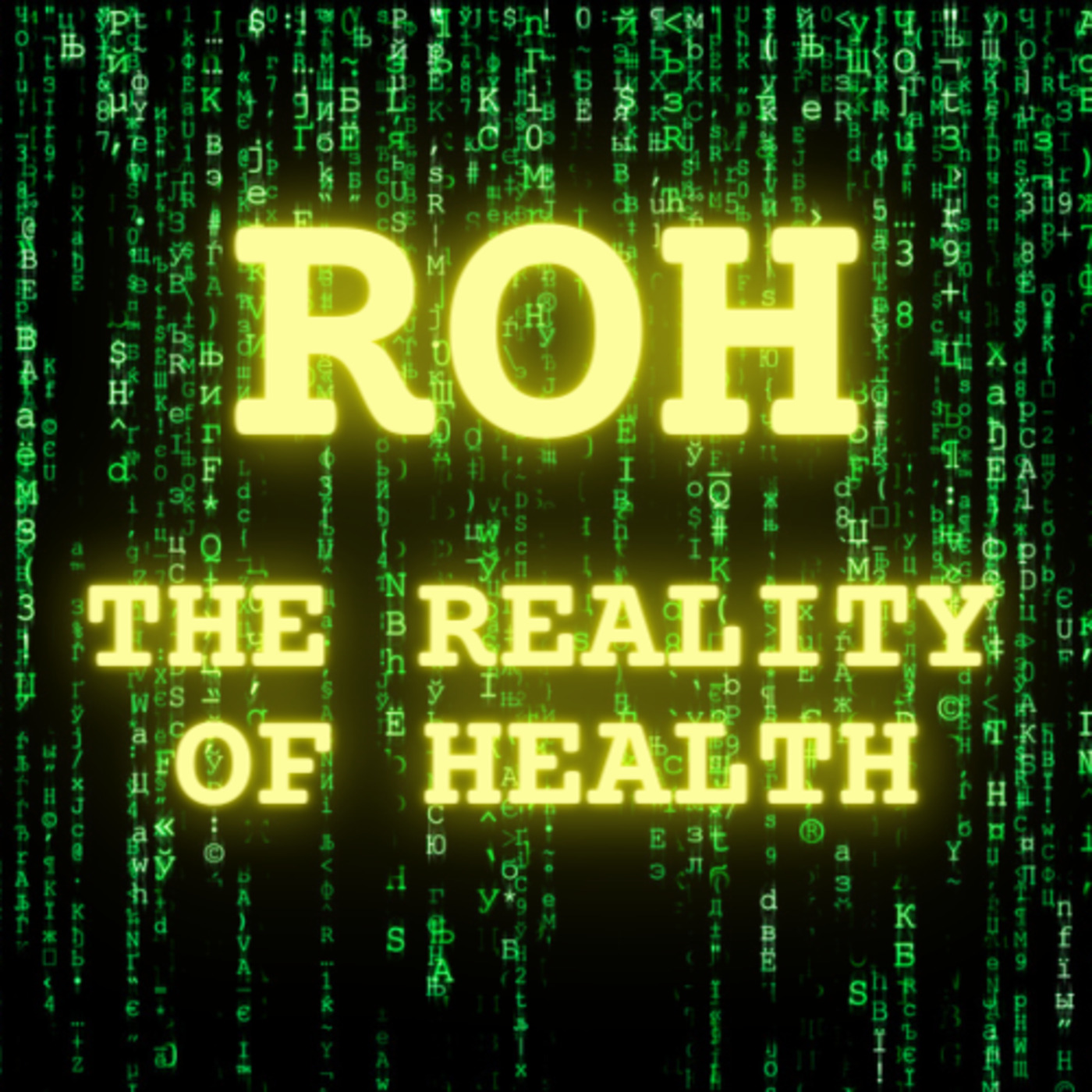Ep. 47 - The reality of Alkaline Diets
Acid vs. Alkaline debate!
This episode discusses the complex topic of acid and alkaline balance within the human body. I challenge commonly misunderstood notions about alkaline diets and the importance of maintaining pH balance. Factors such as diet, breath control, hydration, salt intake, and the consumption of fats are touched upon as key influencers of this balance. I also cover methods to test your personal acid-alkaline balance, and the role of elements like potassium and sodium in maintaining the balance. I conclude with advice on maintaining this balance for optimal health using everyday practices.
00:13 Introduction to the Acid-Alkaline Debate
01:19 Understanding Acid-Alkaline Balance in the Body
02:10 The Role of Diet in Acid-Alkaline Balance
02:30 The Impact of Coffee and Carbonated Beverages on Acid-Alkaline Balance
03:16 The Connection Between Acid-Alkaline Balance and Sleep
06:26 The Effect of Exercise on Acid-Alkaline Balance
07:41 Testing Your Body's pH Levels
14:54 The Controversy Around Acidic Foods and Reflux
16:01 The Misconceptions About Acidic Foods
16:26 The Dangers of Consuming Highly Alkaline Substances
17:14 Understanding the Alkalinity Scale
18:04 Debunking Myths about Stomach Acid
18:22 The Digestive Process Explained
19:06 The Role of Acid and Alkaline in Digestion
19:32 The Impact of Gut Health on Digestion
20:33 The Misconceptions about Alkaline Diet
20:54 The Importance of Personal Experimentation in Diet
20:57 The Role of Diet in Health Improvement
21:51 Understanding the Impact of Blood Changes
24:43 The Importance of Hydration and Chewing Food Properly
27:22 The Role of Minerals and Salt in Maintaining Acid-Alkaline Balance
28:47 The Importance of Good Fats and Proper Breathing
30:27 The Impact of Sugar and Carbs on Acid-Alkaline Balance
30:48 Conclusion: The Importance of Understanding Acid-Alkaline Balance
Transcript
Welcome, friends! Today, we are diving into the debate you've likely heard a lot about over the last 10 to 15 years, especially if you're in the health industry space.
Maybe you've encountered it on your social media, or you've come across it in health magazines while perusing the bookstore (yes, they still exist). Perhaps a friend recommended a life-changing book.
Let's discuss it: the acid-alkaline balance. We'll explore the popular notion of an alkaline diet, delving into broader information rather than getting too deep into physiology. Time constraints prevent us from turning this into a five-hour discussion, so let's get started.
Different parts of your body have varying pH levels. For instance, your stomach is naturally acidic for digestion purposes. Your body's acid-alkaline balance shifts throughout the day, being acidic in the morning for energy and transitioning to an alkaline state later on.
Contrary to the belief that drinking alkaline water can turn your body alkaline, it's compared to a battery with both acidic and alkaline aspects. Baking soda is suggested as a more potent and cost-effective alternative to achieve alkalinity.
Surprisingly, acidic substances like lemon juice, apple cider vinegar, and coffee can have alkalizing effects on the body over time. Coffee's acidity varies with brewing strength, challenging common misconceptions about its impact.
Your body maintains a pH around seven, urine being slightly acidic (pH six) due to acid elimination. The immune system is active during the day, generating acid through energy production. At night, your alkalinity increases during restful sleep.
Breathing plays a role in managing the acid-alkaline environment, with carbon dioxide being highly acidic. Carbonated beverages introduce more carbon dioxide, making your blood more acidic.
A simple breath test can indicate CO2 levels. Shallow and quick breathing expels CO2, while deep, regular breathing retains it. Stress, exercise, and other factors influence your breath rate and acid-alkaline balance.
Burning sugar produces lactic acid and carbon dioxide, contributing to acidity. Switching to a low or no-carb diet may help maintain alkalinity.
Lactic acidosis is emphasized as a significant health hindrance, potentially linked to excessive sugar consumption. The belief that cancer correlates with acid-alkaline balance is questioned, with lifestyle and dietary factors also considered.
Testing pH using urine or saliva strips is suggested, considering various factors like food, fasting, exercise, and time of day. While detailed tracking can be intricate, basic measurements in the morning and before dinner offer insights.
The type of water consumed is addressed, debunking claims about the benefits of alkaline water. Carbonated beverages are cautioned against due to their acidifying effects.
The discussion extends to the effects of acidic and alkaline substances on the body, challenging popular beliefs. The importance of minerals, good fats, and proper breathing for overall health and acid-alkaline balance is highlighted.
In conclusion, the debate surrounding acid and alkalinity is deemed complex and often misunderstood. Simple lifestyle changes, such as proper hydration, mindful eating, and effective breathing, are suggested as powerful tools for maintaining a balanced pH and overall well-being. Stay tuned for an upcoming episode on breathing techniques. Take care of yourselves, and thank you for listening! 📍

